Open infrastructure for research and education
Each community gets a hub with the tools, data, and resources for their workflows
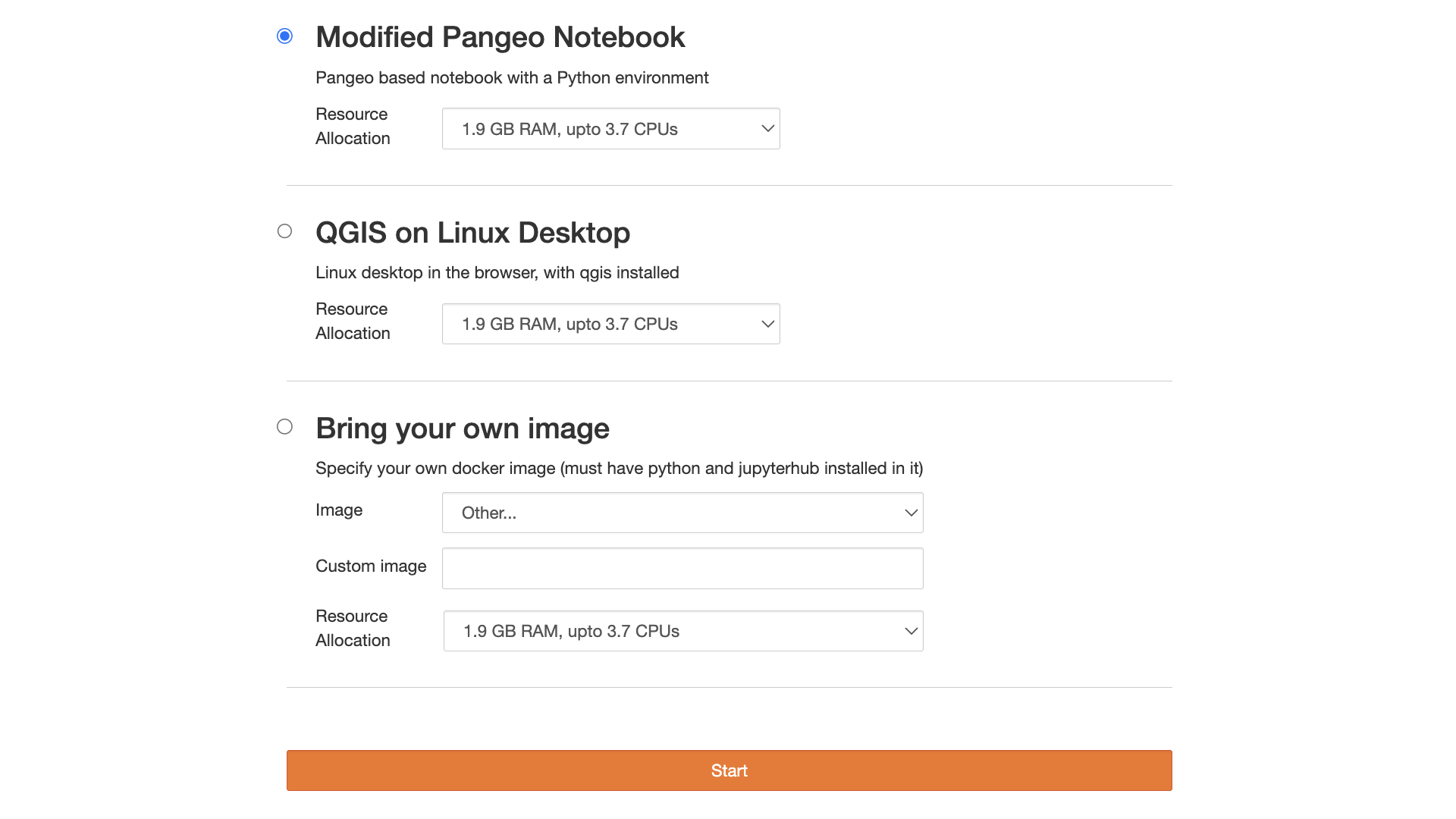
Resource and user management
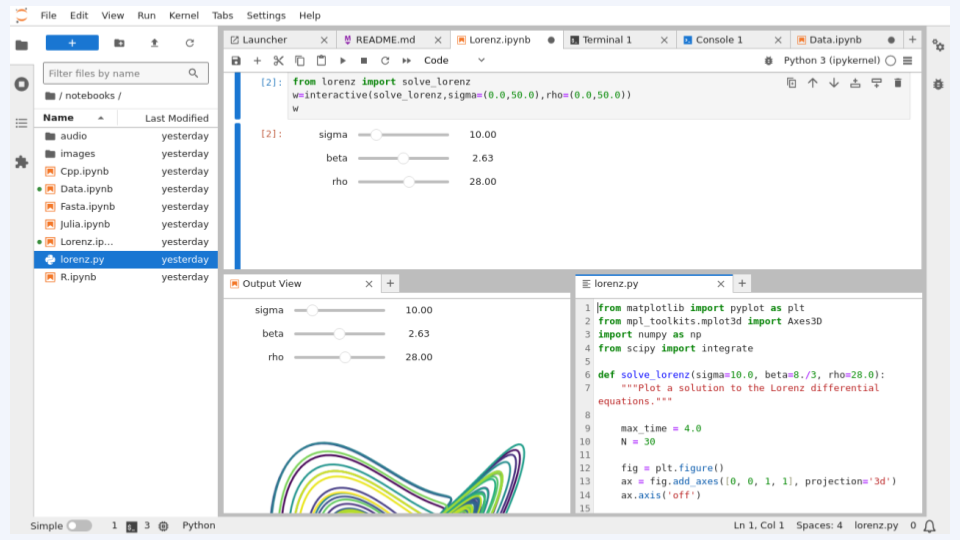
Interactive interfaces
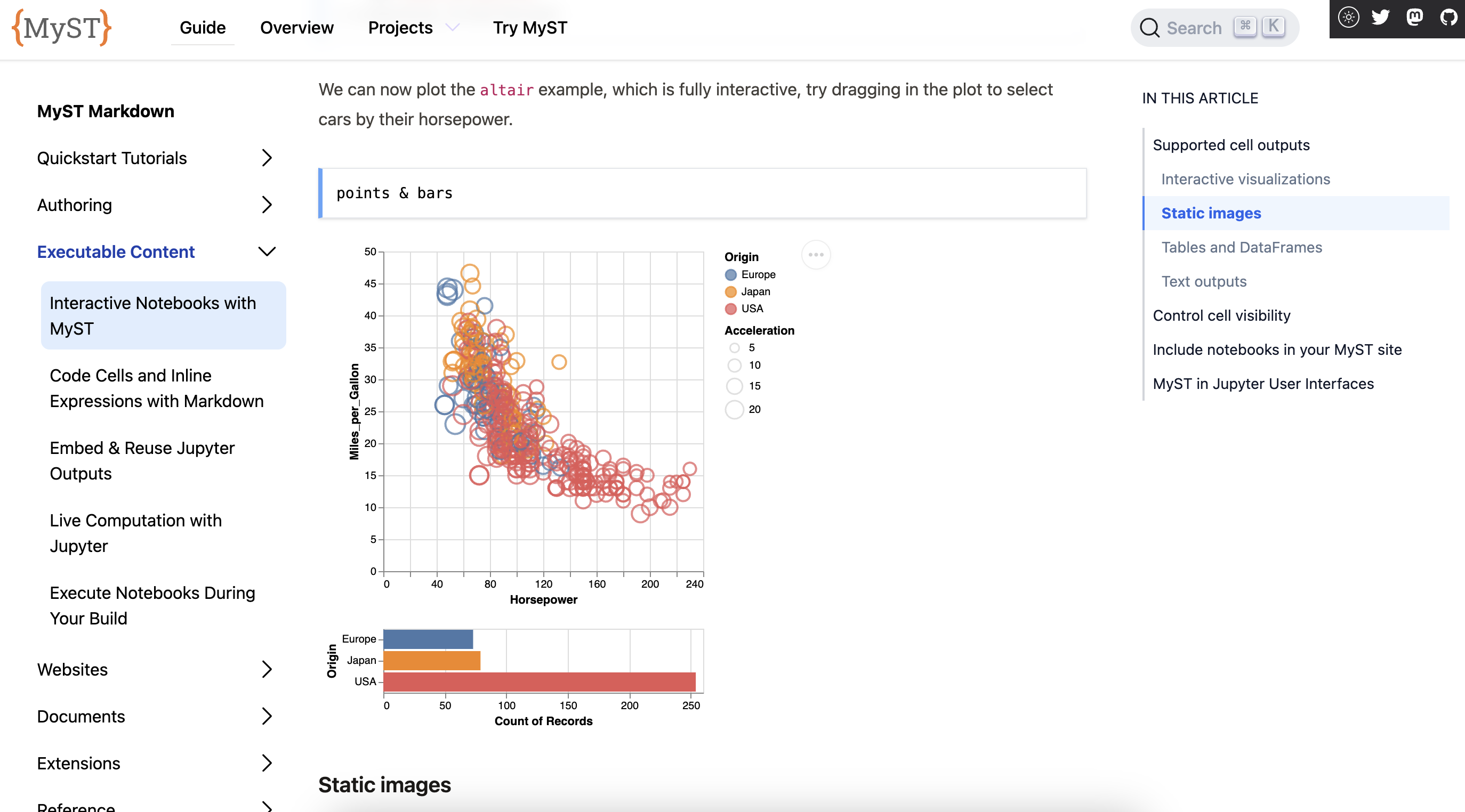
Computational knowledge bases
Membership in our network provides access to our hub platform so your community can create and share knowledge with open infrastructure.
Communities
>90Active users
>6500Countries
>15Upstream PRs
>2000What is a community hub?
A hub is a cloud environment where your community can access shared tools, data, and computational resources.
What makes us different
We exist to serve research and education communities, not shareholders. Your Right to Replicate means you can take your infrastructure anywhere, with or without us.
We listen to researchers and educators, then work with upstream open source projects on solutions that benefit everyone — not just our members.
Our network connects communities across disciplines. When geoscientists and biologists face similar challenges, we bridge the gap through shared tools and practices.
Recent work
We share our progress and impact on our blog.
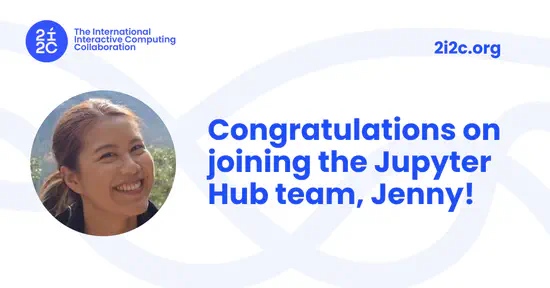
Jenny Wong joins the JupyterHub team
We’re excited to share that Jenny Wong has been invited to join the JupyterHub team as a contributor and maintainer. Jenny’s contributions to nbgitpuller and grafana-dashboards, along with her active participation in project meetings and community planning, earned her this recognition from the JupyterHub community.
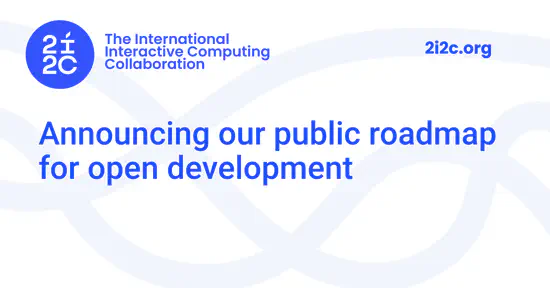
Announcing our public roadmap for open development
At the core of 2i2c’s service is a commitment to doing our work in a way that follows open principles and practices. We commit to doing all of our work in the open and only managing and developing open infrastructure.
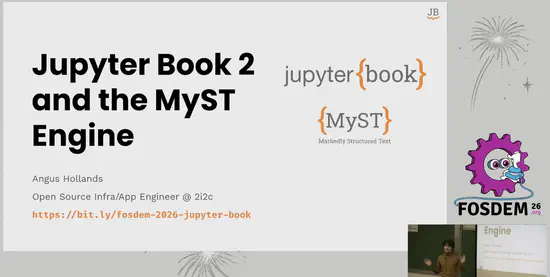
Introducing Jupyter Book 2 at FOSDEM 2026
Our teammate Angus Hollands gave a talk at FOSDEM 2026: Introducing Jupyter Book 2. The talk shares why the Jupyter Book 2 and MyST stack was rebuilt, and how it supports open, reusable computational publishing workflows.
Learn more or get started
Subscribe to our newsletter for monthly updates on open infrastructure.








